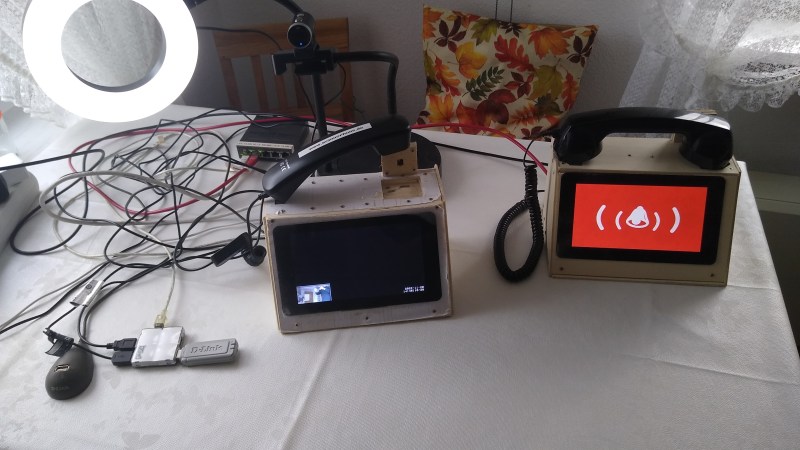An error in a popular video calling software development kit could have allowed hackers to spy on private video and audio calls through services including eHarmony or Talkspace, according to McAfee research published Wednesday. The flaw, which stems from an encryption error, affected a video-calling software development kit (SDK) developed by Agora.io that is used by dating services such as eHarmony, Plenty of Fish, MeetMe and Skout and medical applications such as Talkspace, Practo and Dr. First’s Backline, according to McAfee. Agora is used by 1.7 billion devices for a whole host of applications used for educational, retail and gaming purposes as well as for other socializing reasons, the company says. The flaw, known as CVE-2020-25605, is accounted for in an update Agora issued in mid-December, according to McAfee. Agora did not immediately respond to a request for comment. McAfee’s Advanced Threat Research team does not have any evidence that the […]
The post Flaw in popular video software Agora could have let eavesdroppers in on private calls appeared first on CyberScoop.
Continue reading Flaw in popular video software Agora could have let eavesdroppers in on private calls→

